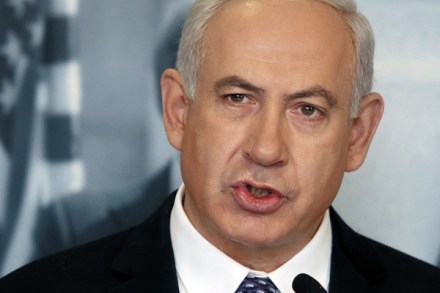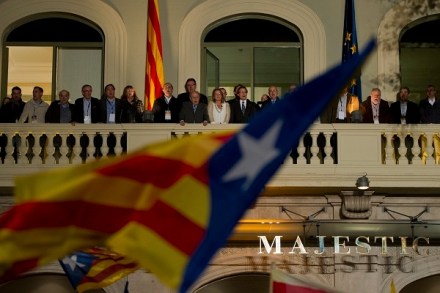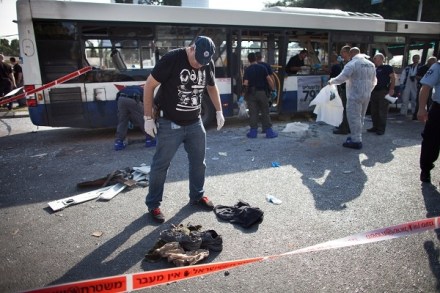Robert Bork 1927-2012
Robert Bork was not only an extraordinary and effective jurist, he was also a crucial figure in American conservatism. In reporting news of his death certain media are – as here, running ‘Controversial conservative jurist Robert Bork dead at 85’ type headlines. As Roger Kimball points out in his piece here, the only reason Bork was ever considered ‘controversial’ was that when he was put forward as a candidate for the Supreme Court during the Reagan administration he was smeared and libelled in the most despicable way by Edward Kennedy. As Kimball writes: ‘The so-called “Lion of the Senate,” Ted Kennedy… stood on the Senate floor and emitted a serious




















